Superstition, fear, and strange logic shaped the witch trials that swept Europe and colonial America in the 1600s. Officials often accepted bizarre evidence, and ordinary behavior suddenly seemed suspicious. Here are some of the oddest accusations that turned everyday women into supposed agents of dark magic.
Closing A Church Door The Wrong Way

Church doors were heavy and creaky, and sacred spaces demanded respect. One who closed a church door too forcefully is thought to have been guided by the devil. To them, closing a holy door wasn’t just rude—it was proof of a secret alliance with dark powers.
Being Too Good At Midwifery
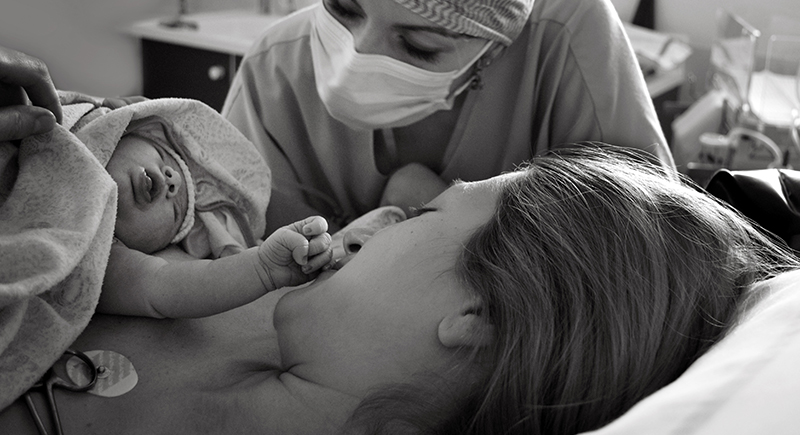
Skilled midwives were invaluable, but success sometimes looked suspicious. In villages where infant illnesses were heartbreakingly common. Gossip spread that her steady hands were aided by something darker than knowledge or luck.
Owning An Unusual Pet

A cat curled on a windowsill might look harmless today, yet back then it raised alarm. Cats, birds, and toads were seen as supernatural helpers. Feeding one or talking to it became suspicious. Several trials’ testimonies claimed that such animals were “familiars,” spirits sent to assist with magic.
Laughing At The Accusations

Being accused of witchcraft was terrifying, but some women couldn’t resist laughing at the absurdity. To judges, that laugh wasn’t nervousness, but more of a defiance. A courtroom chuckle became “evidence” that one mocked holy authority and had no fear because dark forces protected her.
Failing To Answer A Question

Rebecca Nurse, elderly and hard of hearing, didn’t immediately respond when asked if she was a witch. That pause was twisted into a confession. Instead of considering her age or hearing loss, the court assumed her silence revealed guilt.
Whistling At Night

A harmless tune after sunset could become a problem. Some towns believed whistling in darkness summoned spirits or signaled devils. When livestock went missing or lanterns went out, a neighbor’s memory of hearing a woman’s whistle was enough to start an accusation.
Lifting Something Too Heavy

When a minister in Massachusetts carried a musket and hoisted it with ease, onlookers gasped. People whispered that no ordinary human could manage that without unnatural help. Soon, the story spread: lifting a weight beyond typical limits meant someone had tapped into forbidden powers.
Arguing With A Neighbor Before Misfortune Struck

If a cow fell ill or a harvest failed, neighbors remembered angry words spoken days earlier. Courts even gave this pattern a name: “anger before mischief.” It didn’t matter that weather or disease were to blame; suspicion filled the gaps with tales of curses and hidden spells.
Having A Sharp Tongue In Public
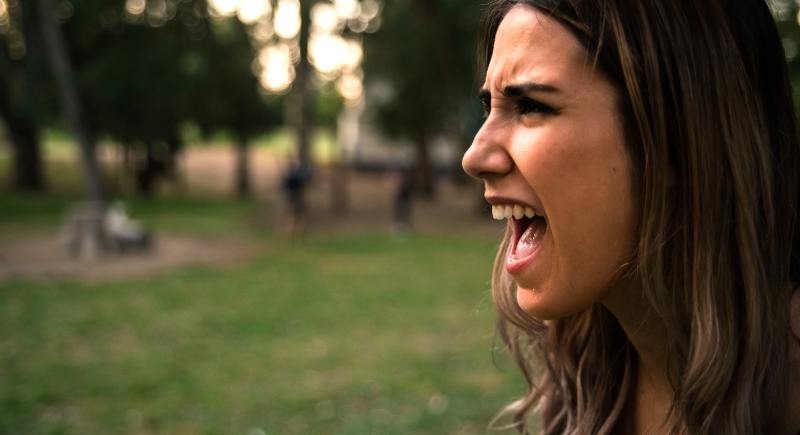
Rachel Clinton, for example, had a rough life and was known to yell insults. Testimony claimed she made strange gestures, like “hunching her elbow,” and neighbors used those behaviors to argue she practiced witchcraft.
Receiving Compliments On Your Garden

A thriving garden usually meant skill and patience, but some neighbors saw something else. When someone’s herbs grew unusually well, suspicion bloomed alongside them. Neighbors claimed no ordinary gardener could coax such abundance without spells.
A Child’s Wild Story
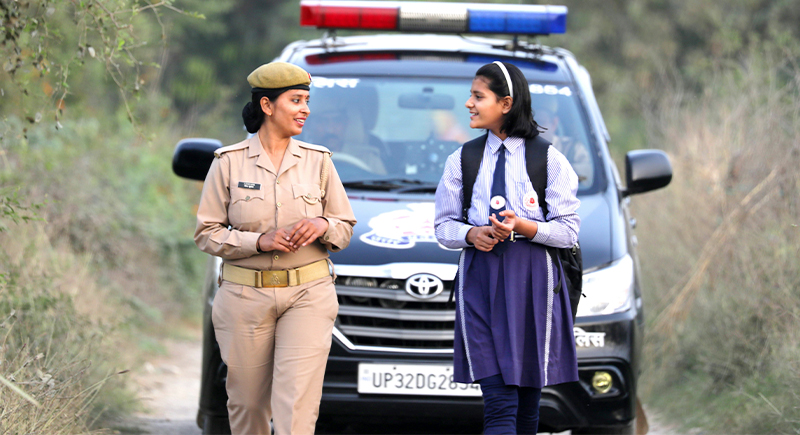
Children’s words carried surprising weight in the 1600s. Sarah Goode’s young daughter told investigators her mother was a witch, likely repeating gossip or misunderstanding what she heard. Despite her age, officials treated the testimony seriously and recorded it for trial.
Using Herbs For Healing
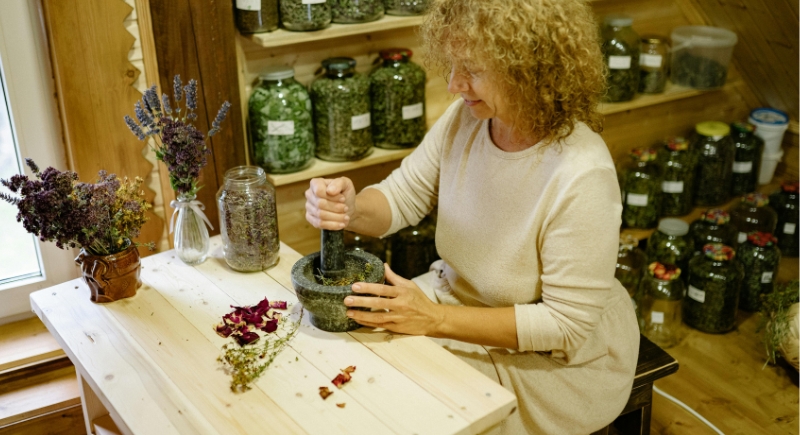
A woman who prepared teas for headaches or poultices for wounds could be accused of using spells. Villagers reasoned that ordinary people couldn’t know so many cures unless they had help from something beyond. Healing hands suddenly became suspect.
Predicting The Weather Accurately

Farmers valued weather sense, but too much accuracy raised eyebrows. A woman who looked at the sky and warned of storms, only for them to arrive as she said, soon heard murmurs. Some villagers claimed only someone with supernatural help could foresee rain so perfectly.
Not Attending Church Regularly
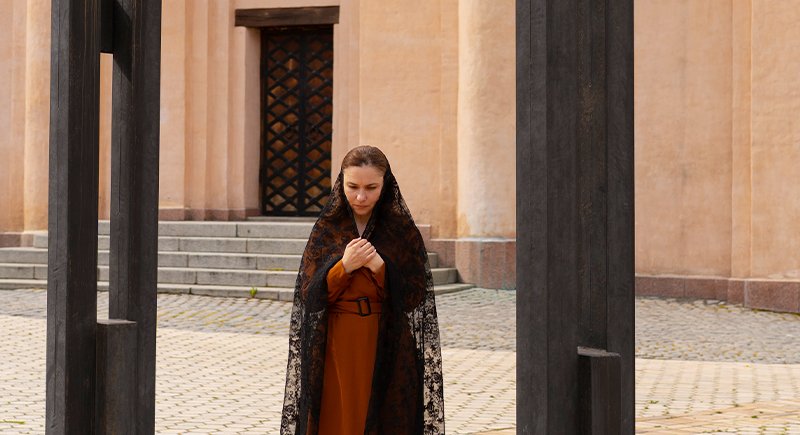
Church was the center of most communities, and women who missed services due to illness, work, or distance sometimes faced questions. A pattern of absences became fuel for rumors, and without strong defense or allies, a person’s private choices were twisted into evidence that she walked a forbidden path.
Being Too Independent Or Unmarried
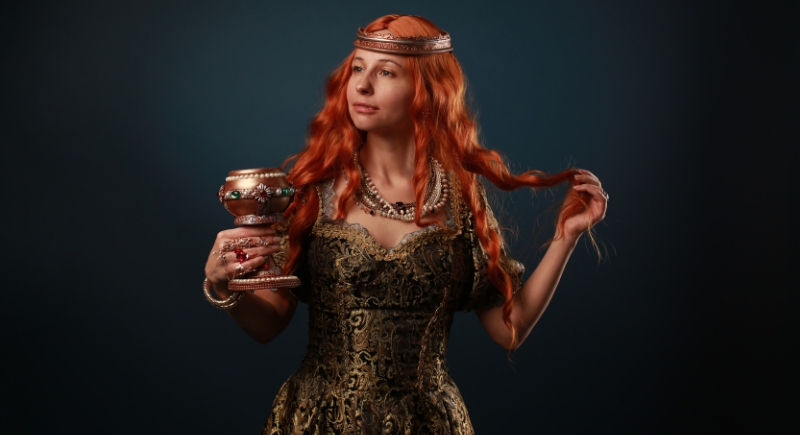
In a society that prized conformity, single or widowed women often stood out. They managed their own affairs, owned property, or made decisions others found bold. That independence unsettled some neighbors. Over time, gossip painted them as outsiders with secrets, and courts were ready to believe they had made dangerous pacts.